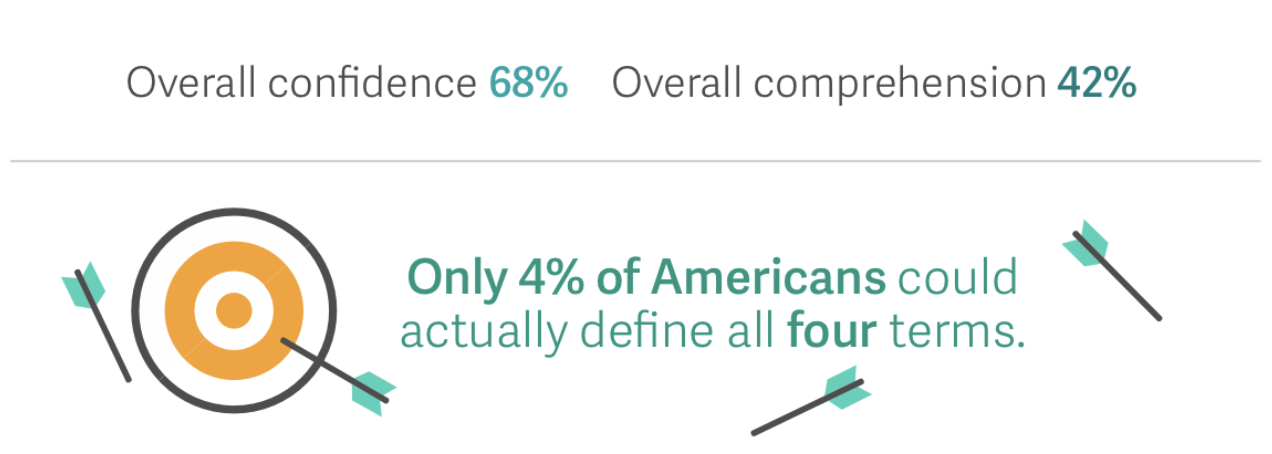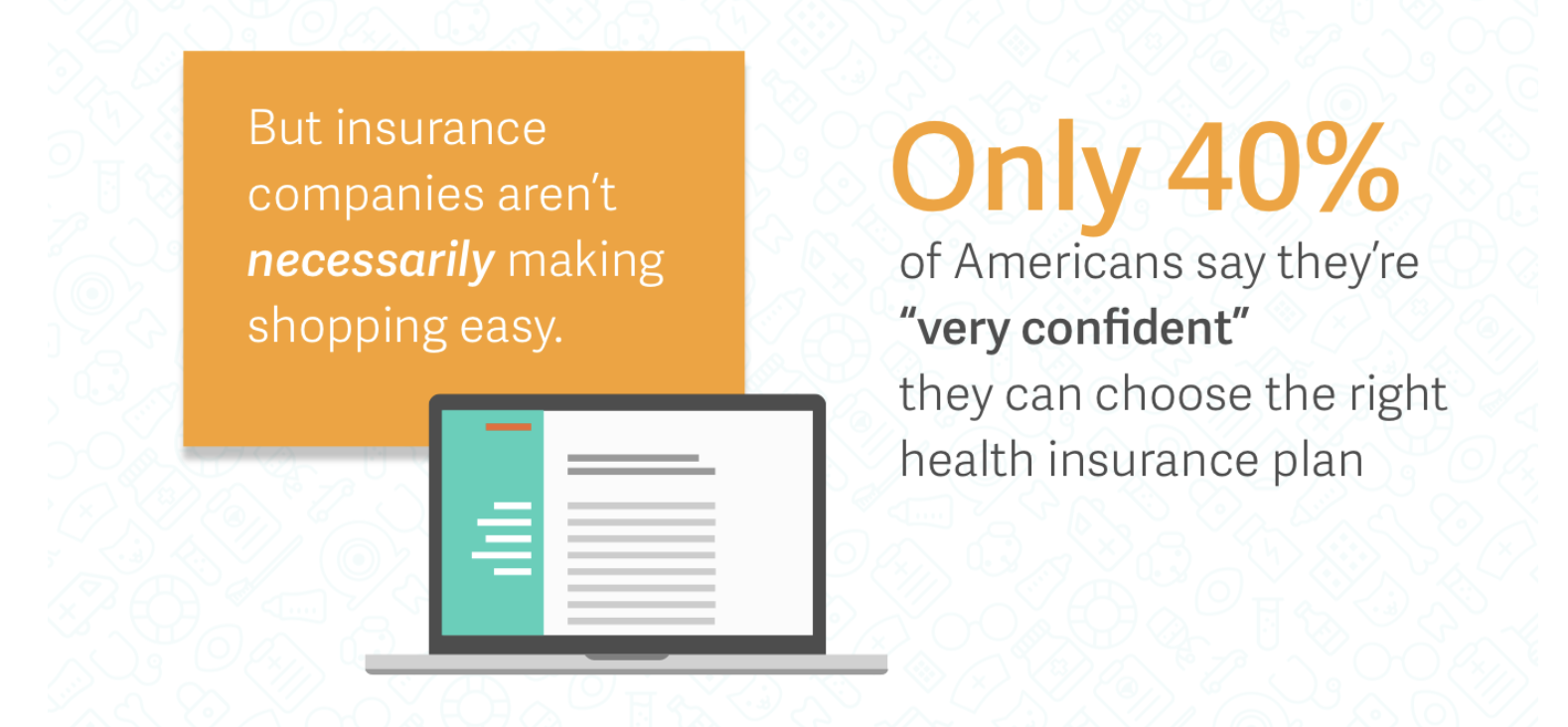Open enrollment is a chance for your employees to take control of their physical and financial health for the new year, but many don’t see it that way. Instead, they'll spend open enrollment trying to calculate how to pick the cheapest plan based on the amount taken out of their paycheck.
Most open enrollment info is littered with insurance jargon and intimidating acronyms — so it’s no wonder that most employees will focus on what they think they understand: the cost.
By only looking at price, your employees are missing out on the whole point of open enrollment: maximizing their gains and minimizing loss in the long run by making smart decisions in the present.
As a benefits professional, one of the greatest challenges you likely face is in educating each of your employees about what policy is right for them, and why they shouldn’t just focus on what they’re “losing” each month from their paycheck.
But you only have so much time in the day to dedicate to this type of education. That’s where offering financial wellness education comes in. Holistic financial wellness programs like LearnLux work to break down the ins and outs of open enrollment, from the highest level (how do deductibles really work?) to the nitty gritty (do I need an HSA, FSA, or both?) alongside tools like an interactive budget and employee benefits portal.
Let’s get one thing clear right away: your employees likely know even less about health insurance than you think they do. A recent policy genius survey revealed only 4% of Americans can define the four major health insurance terms properly (the terms were deductible, co-insurance, co-pay, and out-of-pocket).

And out of those surveyed, millennials had the lowest understanding of these terms out of any generation. That's not their fault, either: there’s no college course for this — even though there should be! Financial wellness is the crash course your employees need to stay healthy, both physically and financially.
Without financial wellness education, your team members might opt for the healthcare policy with the absolute cheapest monthly payment, not recognizing that this policy will actually lead to them paying thousands of dollars out of pocket for a minor medical issue.
With financial wellness, they'll have the knowledge they need to choose the right plan for them & their family and can head into the new year with confidence.
Only 40% of Americans feel remotely confident that they’ve picked the right health insurance policy, but the best thing about financial literacy is that it has a ripple effect. If your employees have no idea what they’re looking at, they’re not likely to do much more than pick out a cheap insurance plan before moving on to the next task at hand. But once your employees start to feel competent about the basics of their healthcare, they’ll likely be more willing to go farther and consider all of the types of supplemental insurance that can often be a lifesaver, especially in times of tragedy.

Take life insurance: a young married couple might not even consider paying a monthly fee for something that feels so far away to them. But a good financial wellness course can explain all of the benefits they can gain from signing up for a life insurance policy as soon as possible, like how they’ll save by starting younger, and how this policy will serve as a life raft for either of them, should the worst case scenario occur. The same goes for disability insurance, and so on.
Financial wellness programs aren’t just about explaining supplemental insurance, or breaking down the difference between an FSA or HSA account. They’re about changing the psychology around open enrollment, in its entirety.
When your team members are equipped with a strong understanding of their own benefits, they can start to view these benefits for what they are: an opportunity to be proactive about their own health, and to be proactive about their own financial goals. Understanding the costs of their health, both in the short term and the long term, will allow your team members to plan into the future rather than living in fear of the financial consequences of that surprise trip to the ER.
